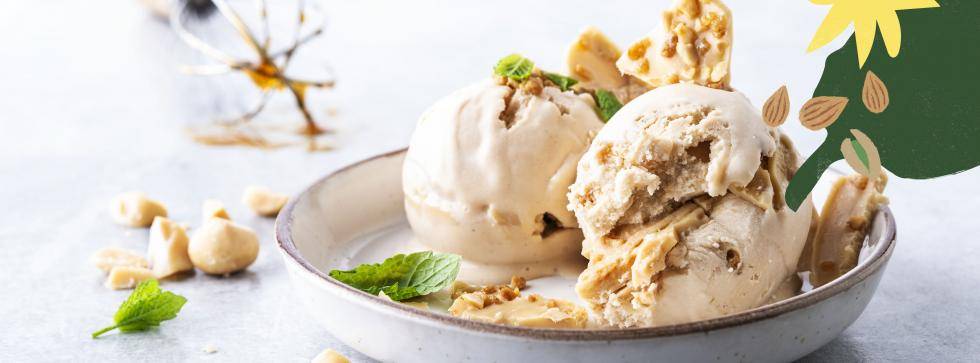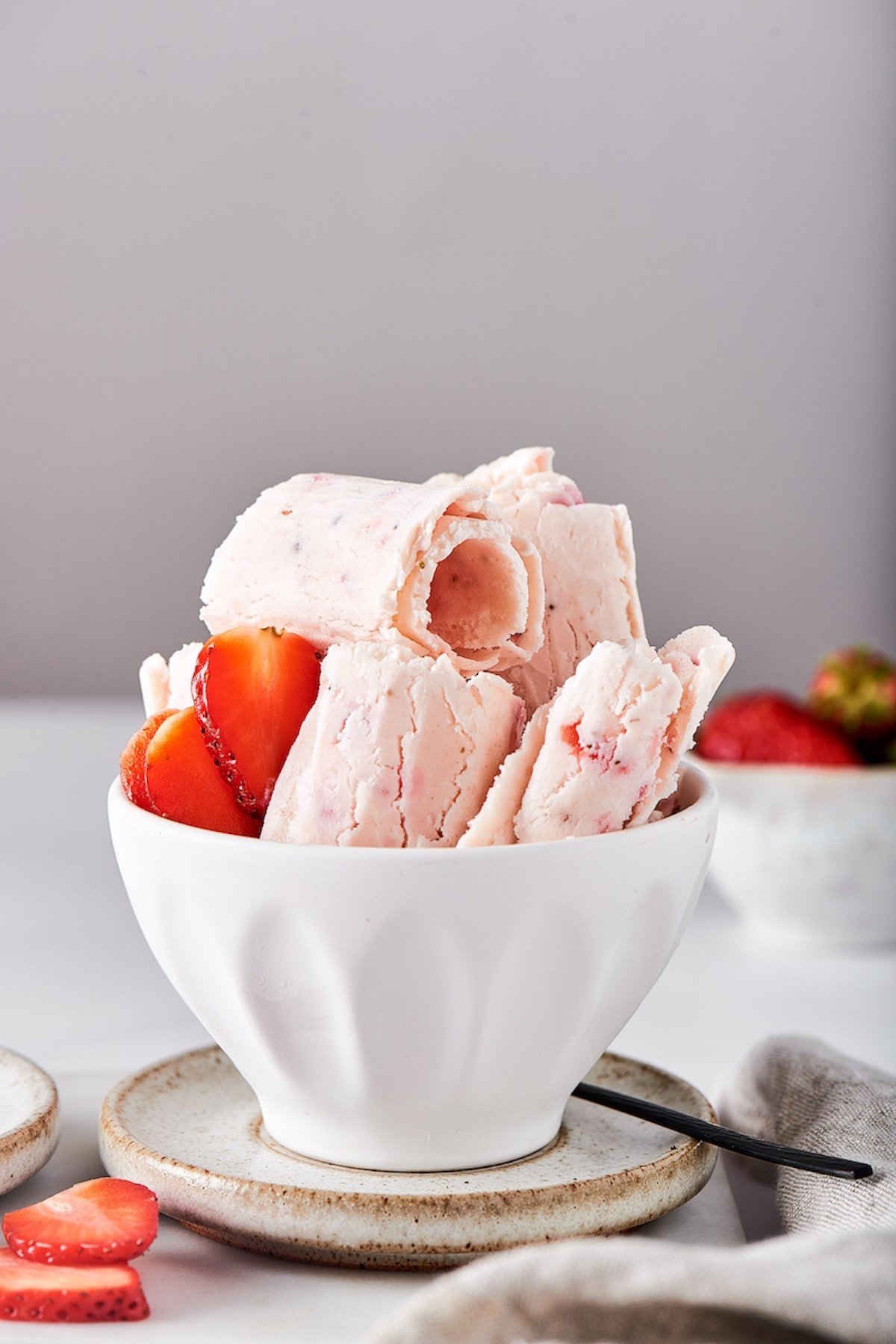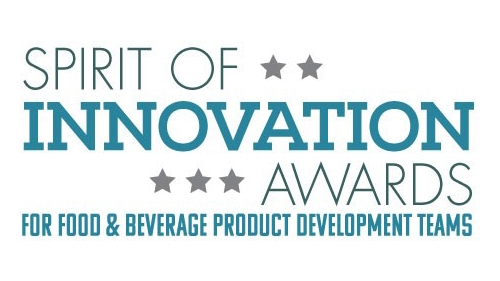
Drivers
- Rising popularity of low-fat desserts
In the coming years, the growing demand from the health and fitness enthusiast population for low sugar, low processed ingredient based, and label free desserts will positively affect the growth of the global plant-based ice cream market. Furthermore, rising consumption of non-dairy desserts, Keto-friendly ice cream cakes, and fruit bars for various purposes (snacks, protein, energy, etc.) are propelling demand and positively affecting sales in the global plant-based ice cream market.
- Rising disposable income and rising urbanisation
Furthermore, the focus of manufacturers on developing and marketing new 'clean label' and 'label free' plant based ice cream products is driving the growth of the global plant based ice creams market in the coming years. Although the high cost of these products in the global plant-based ice cream market when compared to conventional products is a significant restraining factor for the industry, rising popularity of these products is expected to fuel demand in the coming years.
Opportunity
Increasing plant-based ice cream sales, primarily through online platforms, as online retailers offer a wide variety of plant-based ice cream, will accelerate the plant-based ice cream market's growth rate.
Restraints
However, rising concerns about the product's high sugar and fat content will slow the market's growth rate. Furthermore, COVID-19's negative impact on production and the supply chain will stymie the overall growth of the plant-based ice cream market. Furthermore, the availability of substitutes and the entry of new players will present additional challenges to the plant-based Ice Cream market over the forecast period of 2022 to 2029.
This plant-based ice cream market report provides details of new recent developments, trade regulations, import-export analysis, production analysis, value chain optimization, market share, impact of domestic and localized market players, analyses opportunities in terms of emerging revenue pockets, changes in market regulations, strategic market growth analysis, market size, category market growths, application niches and dominance, product approvals, product launches, geographic expansions, technological innovations in the market. To gain more info on the plant-based ice cream market contact Data Bridge Market Research for an Analyst Brief, our team will help you take an informed market decision to achieve market growth.
COVID-19 Impact on Plant-Based Ice Cream Market
COVID-19 restrictions on brick-and-mortar stores initially reduced plant-based ice cream sales. Major players, on the other hand, are attempting to strengthen their market position by focusing on e-commerce and online marketing in order to reach consumers across geographical boundaries. Furthermore, the pandemic prompted consumers to seek out immunity-boosting products as well as other fortified products that provide health benefits, leading major players to improve the composition of their ice cream products by incorporating organic ingredients, making them cholesterol-free, and launching vegan variants with no added preservatives or additives.
Recent Development
- Unilever's Ben & Jerry's brand will launch two plant-based ice cream flavours in 2022: "Chocolate Milk and Cookies" and "Dirt Cake."
- In 2022, the dairy-free ice cream Chocolate Chip Cookie Dough Flavor was introduced by Little Red Rooster Ice Cream Company's brand NadaMoo.
- Oatly announced the introduction of a vegan ice cream bar line in 3,000 stores across the United States in 2021. The new ice cream bars have an oat milk base and are enrobed in a rich chocolate shell. They come in four flavours: Chocolate Fudge, Strawberry Swirl, Salted Caramel, and Vanilla.
Global Plant-Based Ice Cream Market Scope
The plant-based ice cream market is segmented on the basis of product source, distribution channel, packaging, flavour and form. The growth amongst these segments will help you analyze meagre growth segments in the industries and provide the users with a valuable market overview and market insights to help them make strategic decisions for identifying core market applications.
Form
- Blends
- Singles
Product source
- Coconut Milk Based
- Soy Milk Based
- Almond Milk Based
- Cashew Milk
- Rice Milk Based
Flavour
- Beans
- Nuts
- Fruits
- Herbs
- Others
Packaging Type
- Tub
- Bag/Sachet
Distribution channel
- Supermarkets/Hypermarkets
- Convenience Stores
- Health Food Stores
- Specialist Stores
Plant-Based Ice Cream Market Regional Analysis/Insights
The plant-based ice cream market is analysed and market size insights and trends are provided by country, product source, distribution channel, packaging, flavour and form as referenced above.
The countries covered in the plant-based ice cream market report are U.S., Canada and Mexico in North America, Germany, Sweden, Poland, Denmark, France, U.K., Netherlands, Switzerland, Belgium, Russia, Italy, Spain, Turkey, Rest of Europe in Europe, China, Japan, India, South Korea, Singapore, Malaysia, Australia, Thailand, Indonesia, Philippines, Rest of Asia-Pacific (APAC) in the Asia-Pacific (APAC), Saudi Arabia, U.A.E, South Africa, Egypt, Israel, Rest of Middle East and Africa (MEA) as a part of Middle East and Africa (MEA), Brazil, Argentina and Rest of South America as part of South America.
North America dominates the plant-based ice cream market and will continue to do so during the forecast period due to consumer preferences in this region shifting from dairy-based plant-based Ice Cream to non-dairy-based plant-based ice cream products. Furthermore, product development, a high level of disposable income, and the presence of various plant-based ice cream flavors will accelerate the market's growth rate in this region. Due to rising consumer demand for plant-based desserts and rising incidences of digestive disorders such as lactose intolerance in this region, Asia-Pacific is expected to grow at a significant rate during the forecast period of 2022-2029.
The country section of the report also provides individual market impacting factors and changes in market regulation that impact the current and future trends of the market. Data points like down-stream and upstream value chain analysis, technical trends and porter's five forces analysis, case studies are some of the pointers used to forecast the market scenario for individual countries. Also, the presence and availability of global brands and their challenges faced due to large or scarce competition from local and domestic brands, impact of domestic tariffs and trade routes are considered while providing forecast analysis of the country data.
Competitive Landscape and Plant-Based Ice Cream Market Share Analysis
The plant-based ice cream market competitive landscape provides details by competitor. Details included are company overview, company financials, revenue generated, market potential, investment in research and development, new market initiatives, global presence, production sites and facilities, production capacities, company strengths and weaknesses, product launch, product width and breadth, application dominance. The above data points provided are only related to the companies' focus related to plant-based ice cream market.
Some of the major players operating in the plant-based ice cream market are:
- Chr. Hansen Holding A/S (Denmark)
- Yakult Honsha Co., Ltd (Japan)
- Nestlé (Switzerland)
- DuPont (US)
- MORINAGA & CO., LTD (Japan)
- BioGaia AB (Sweden)
- Protexin (UK)
- Daflorn Probiotics UK (UK)
- DANONE (France)
- Yakult U.S.A. Inc. (US)
- Deerland Enzymes, Inc. (US)
- UAS Laboratories (US)
- Goerlich Pharma GmbH (Germany)
- SANZYME BIOLOGICS PVT. LTD. (India)
- DSM (Netherlands)
- NutraScience Labs (US)
- Kerry Group plc (Ireland)
- Lallemand Inc. (Canada)
- Lonza (Switzerland)
- Winclove Probiotics (Netherlands)
- Probi (Sweden)













